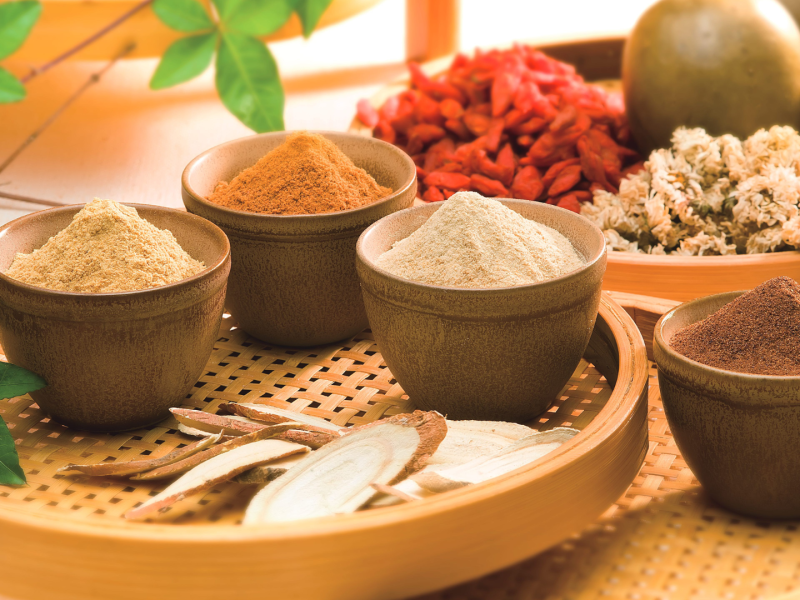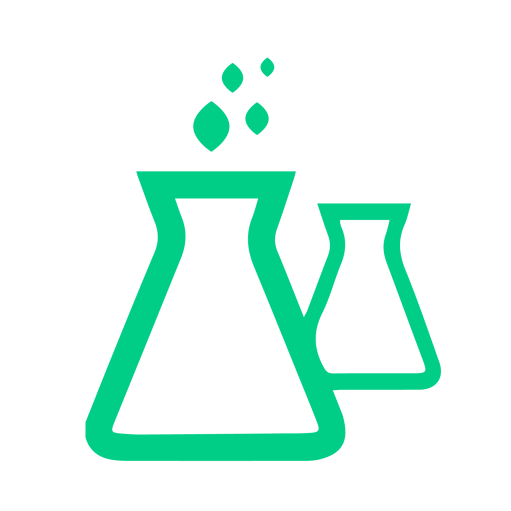
In today’s fast-paced world, millions of people struggle with insomnia and poor sleep quality. While prescription sleep aids can provide quick relief, they often come with side effects and the risk of dependency. Fortunately, nature offers several gentle yet effective herbal extracts that promote relaxation and deeper sleep—without the drawbacks of synthetic drugs. Here are five science-backed herbal remedies to help you unwind and drift off naturally.
1. Chamomile Extract
Chamomile, particularly Matricaria chamomilla, has been used for centuries as a natural sleep aid. Its flowers contain apigenin, an antioxidant that binds to GABA receptors in the brain, reducing anxiety and inducing calmness. Studies suggest that chamomile tea can shorten the time it takes to fall asleep and improve overall sleep quality.
How to use it: Sip a warm cup of chamomile tea 30 minutes before bed, or take a standardized extract (typically 200–400 mg per dose).
2. Valerian Root
Valerian (Valeriana officinalis) is one of the most well-researched herbs for sleep. It works by increasing GABA levels, a neurotransmitter that slows down overactive brain activity. Research shows that valerian root can help people fall asleep faster and experience fewer nighttime awakenings.
How to use it: Take 300–600 mg of valerian root extract about an hour before bedtime. Note that some people may need a few weeks of consistent use to feel its full effects.
3. Lavender Essential Oil
While not ingested, lavender (Lavandula angustifolia) is a powerful sleep enhancer when used aromatically. Its soothing scent has been shown to lower heart rate and blood pressure, creating an ideal state for sleep. A 2020 study found that inhaling lavender oil before bed improved sleep quality in people with mild insomnia.
How to use it: Diffuse a few drops in your bedroom, add it to a warm bath, or apply diluted oil to your temples (always mix with a carrier oil).
4. Passionflower
Passionflower (Passiflora incarnata) is another GABA-boosting herb that eases restlessness and racing thoughts. It’s especially helpful for those whose insomnia stems from anxiety. Clinical trials indicate it may be as effective as some prescription sleep medications—but without morning grogginess.
How to use it: Brew passionflower tea or take 250–500 mg of extract in capsule form before bed.
5. Lemon Balm
A member of the mint family, lemon balm (Melissa officinalis) combats stress while promoting relaxation. When combined with valerian, studies show it significantly improves sleep latency and nighttime awakenings. Its mild citrusy flavor also makes it a pleasant bedtime tea option.
How to use it: Steep 1–2 teaspoons of dried leaves in hot water for tea, or take 300–600 mg of extract.
Conclusion
While these herbs are generally safe, they can interact with medications (especially sedatives). Always consult your doctor before trying new supplements—particularly if you’re pregnant, nursing, or have a medical condition. For best results, pair herbal remedies with good sleep hygiene: limit screen time before bed, keep your bedroom cool and dark, and maintain a consistent sleep schedule.
